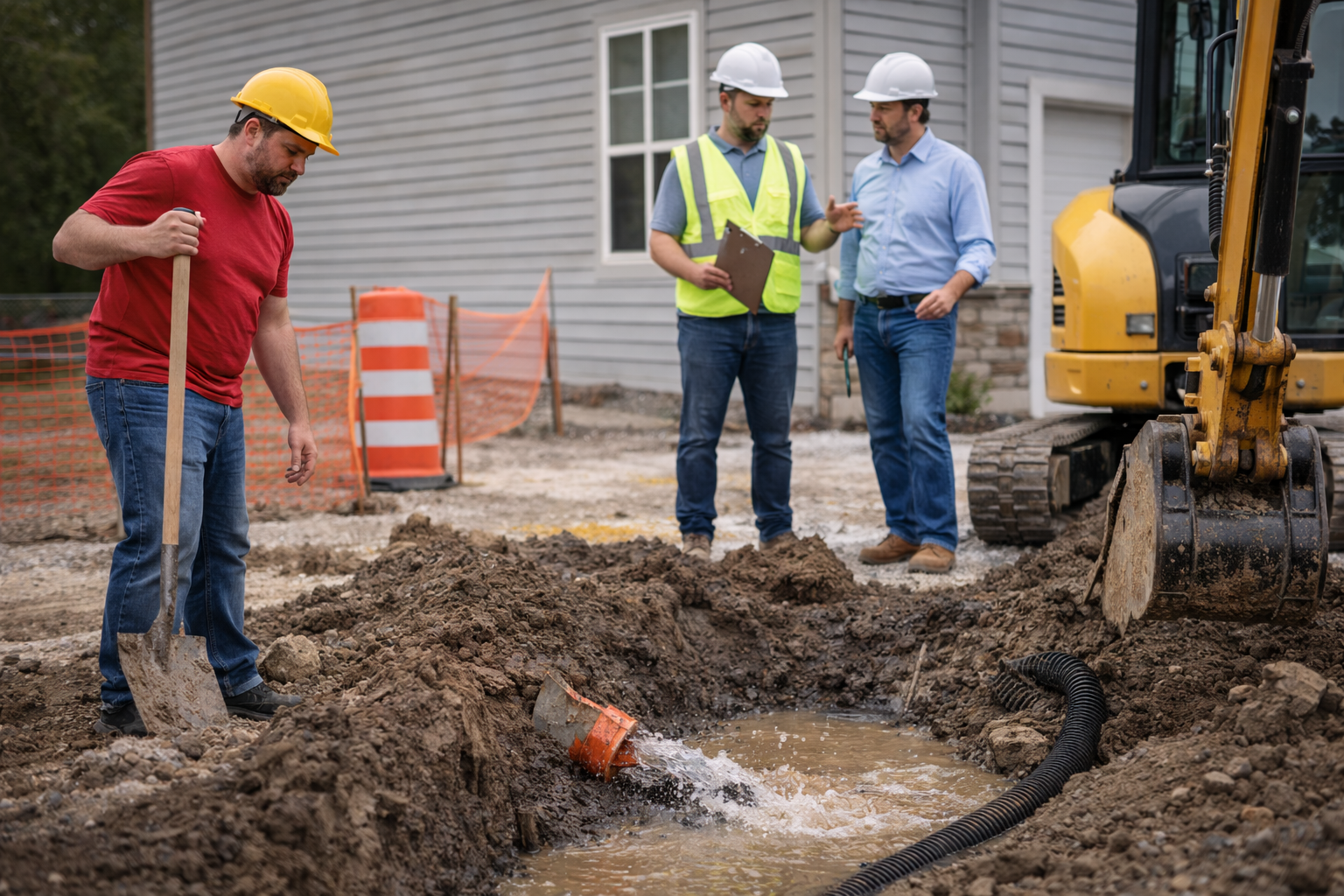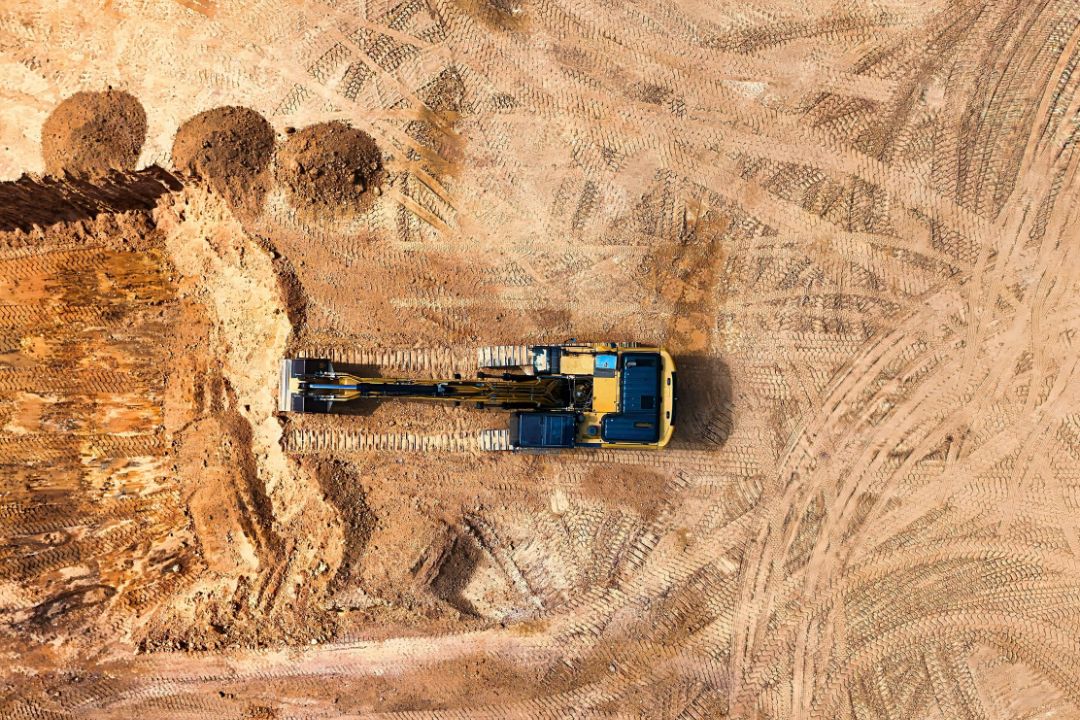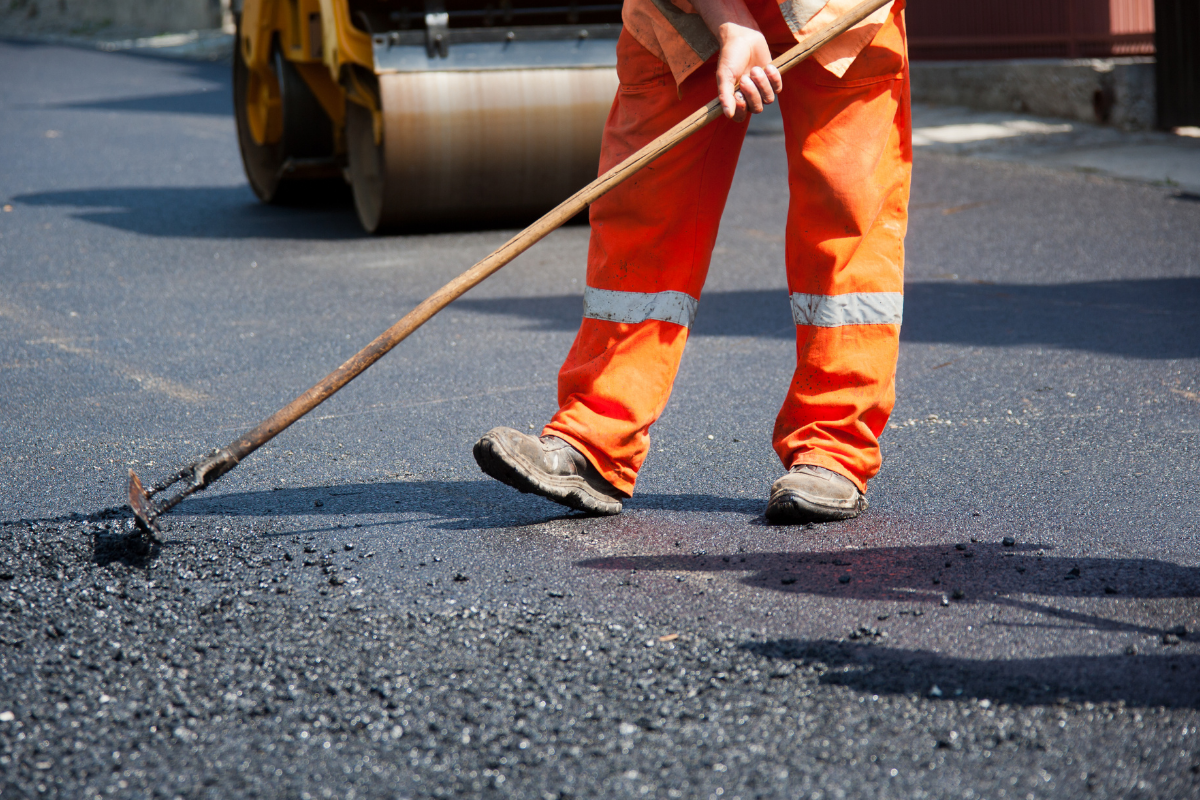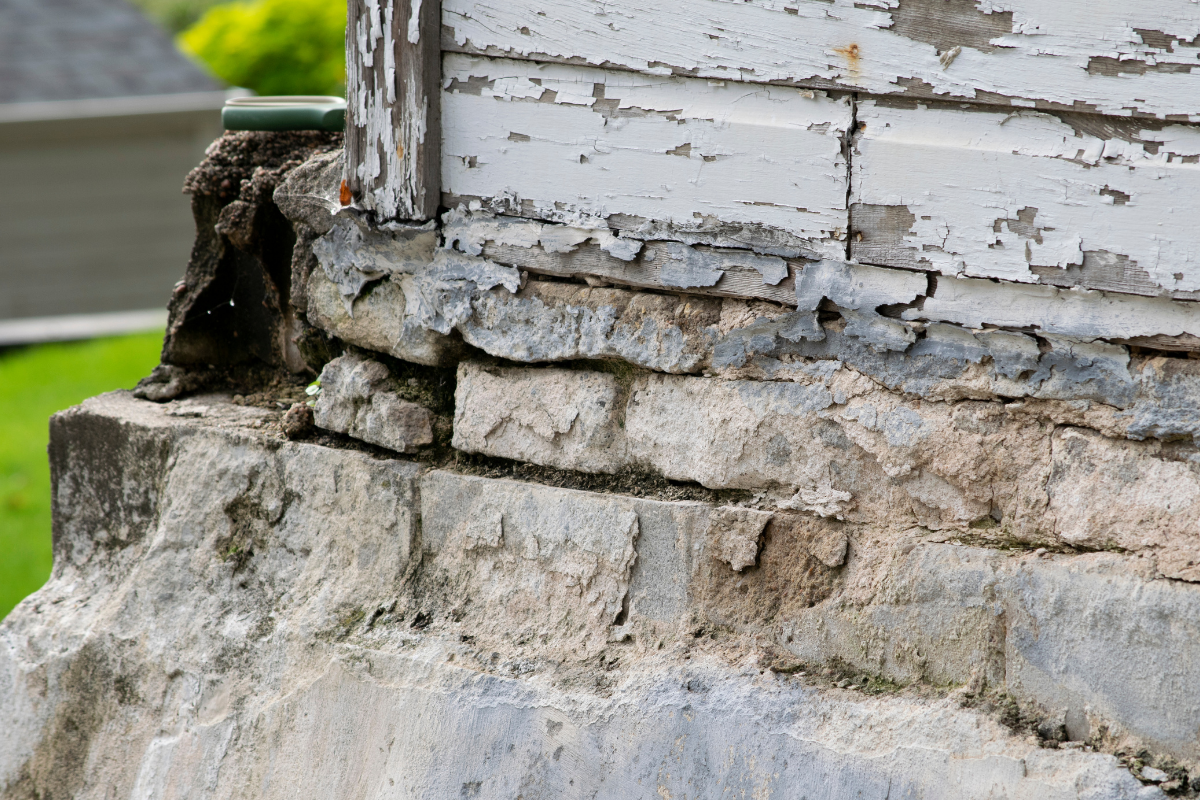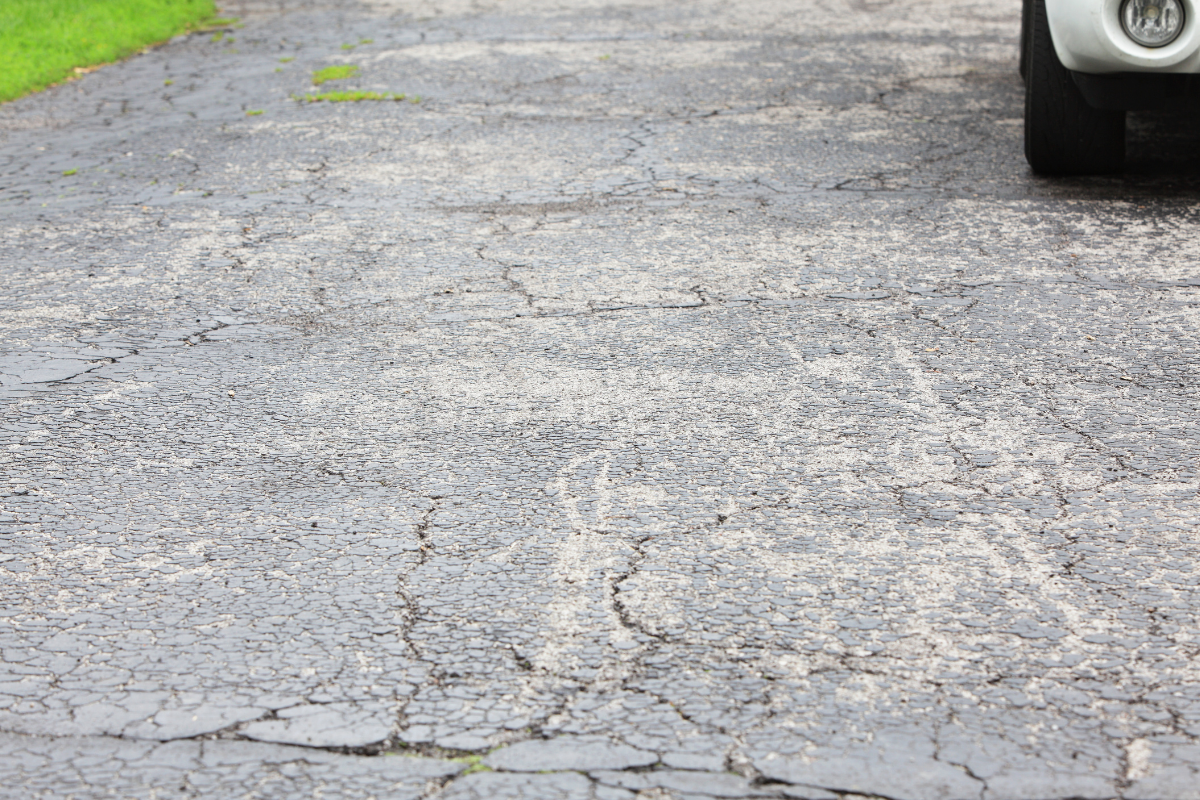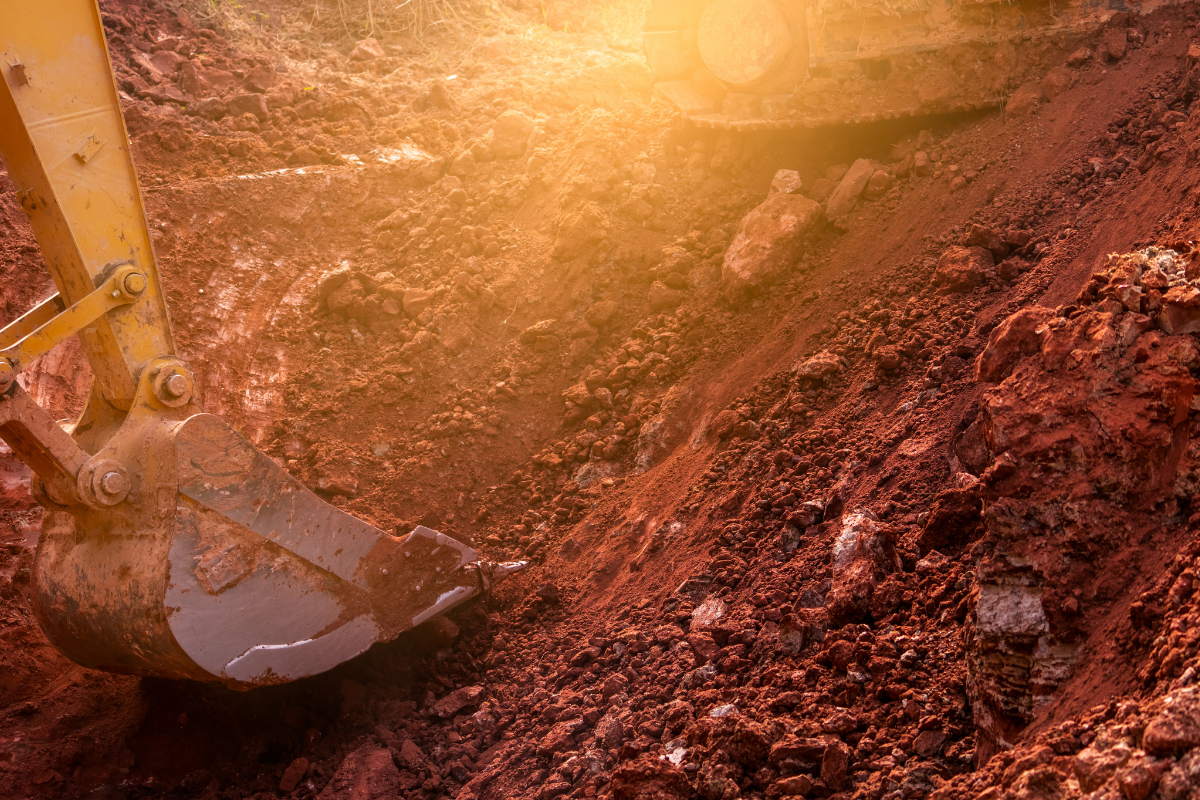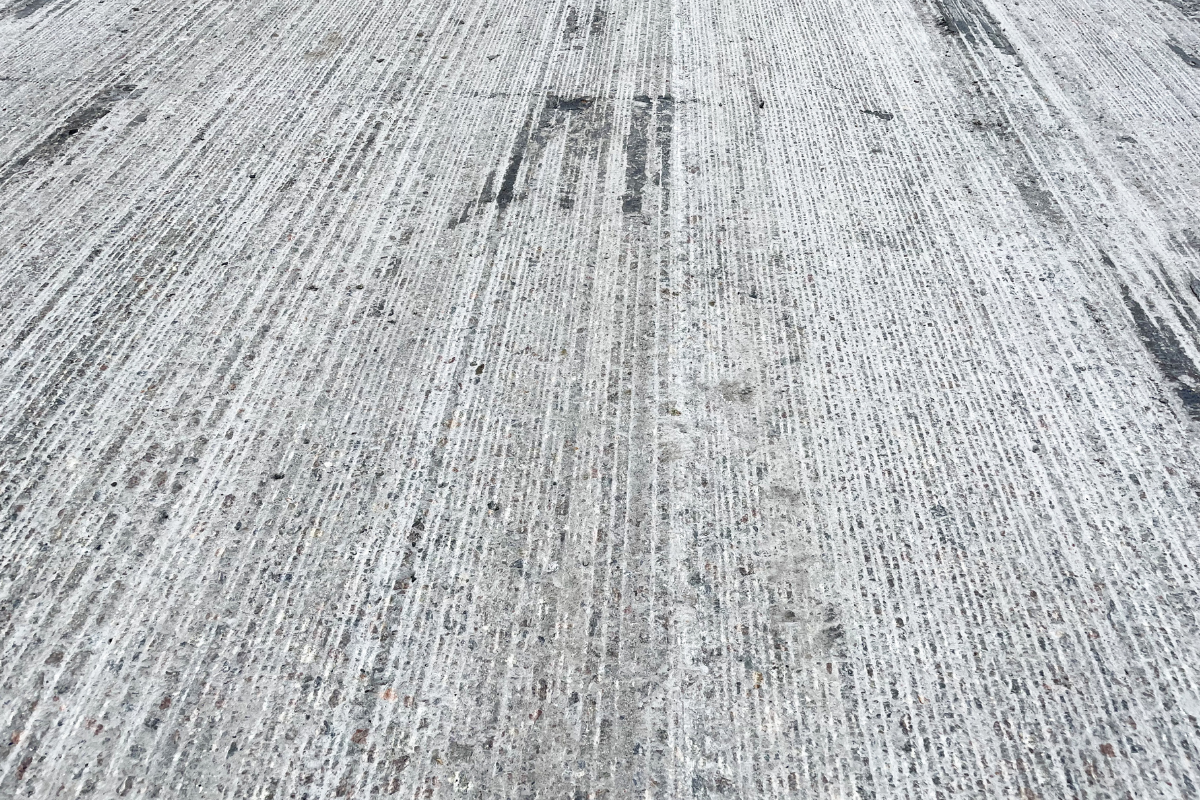DIY site work might seem easy if you’ve watched a few videos or used heavy equipment before. But once digging starts, small mistakes can lead to significant delays. These issues don’t just slow things down, they can stop your project completely.
Professional site work in Savannah, GA takes more than effort. It takes the right tools, experience, and a team that knows what to expect. At Griffin Contracting, we’ve seen how small errors turn into big problems, and we help our clients avoid them every day.
Here are some of the most common DIY site work mistakes and how working with Griffin Contracting helps you stay on track.
Key Takeaways
- Rushed grading, poor drainage planning, and the wrong equipment can derail a build before it even gets started.
- DIY site work often fails inspections because of small details most people never think to check.
- Skipping professional prep work almost always leads to delays that cost more than hiring help in the first place.
Skipping Stormwater Planning Wrecks Your Timeline
Rain can cause big problems when stormwater planning gets ignored. One quick storm can turn a work zone into a muddy mess. Crews lose time waiting for water to drain or dry.
Many DIY projects fail because they guess at slope or miss drainage spots. Water needs a clear place to go, or it will flood the site. Griffin Contracting builds custom drainage setups that match your land and keep work moving.
Guessing at Utility Line Locations
Digging without a map or expert help creates big risks. One mistake can break a power or sewer line and shut down everything. Fixing that takes time and money you didn’t plan for.
Old records or flags in the yard don’t tell the full story. Underground lines shift or get added over time. Griffin Contracting works with local teams and real data, so your project stays safe and on schedule.
Uneven Grading Slows Everything Down
Every part of a site depends on solid grading. When the ground isn’t level where it should be, everything from drainage to foundations ends up off track. Poor slopes lead to puddles, failed inspections, and long delays while crews fix what should’ve been right the first time.
Many DIY jobs miss the mark because they rely on eyeballing the grade. That approach skips the precision needed for roads, pads, and walkways to pass code. Professional crews bring laser-guided tools and experience to ensure the site is ready for what comes next.
Avoid the Headaches With Professional Site Work in Savannah, GA
Site work isn’t the place to cut corners or take chances. Small missteps in the beginning lead to expensive problems down the line. Griffin Contracting brings the tools, experience, and crew to get your project started the right way and keep it moving without delays.
Frequently Asked Questions
How does poor grading affect the rest of a construction project?
Bad grading throws off elevations, causes water to pool, and leads to failed inspections or structural issues. Fixing those mistakes later takes more time and money than getting it right at the start.
What happens if you install drainage systems after construction begins?
Waiting too long to install drainage can flood your site and delay every phase of the project. Early planning keeps water away from work zones and protects your schedule.
Why is DIY utility digging a risk during site prep?
Digging without confirmed utility locations can damage underground lines and shut your site down. Professional crews use maps, locates, and proven methods to dig safely and avoid delays.


